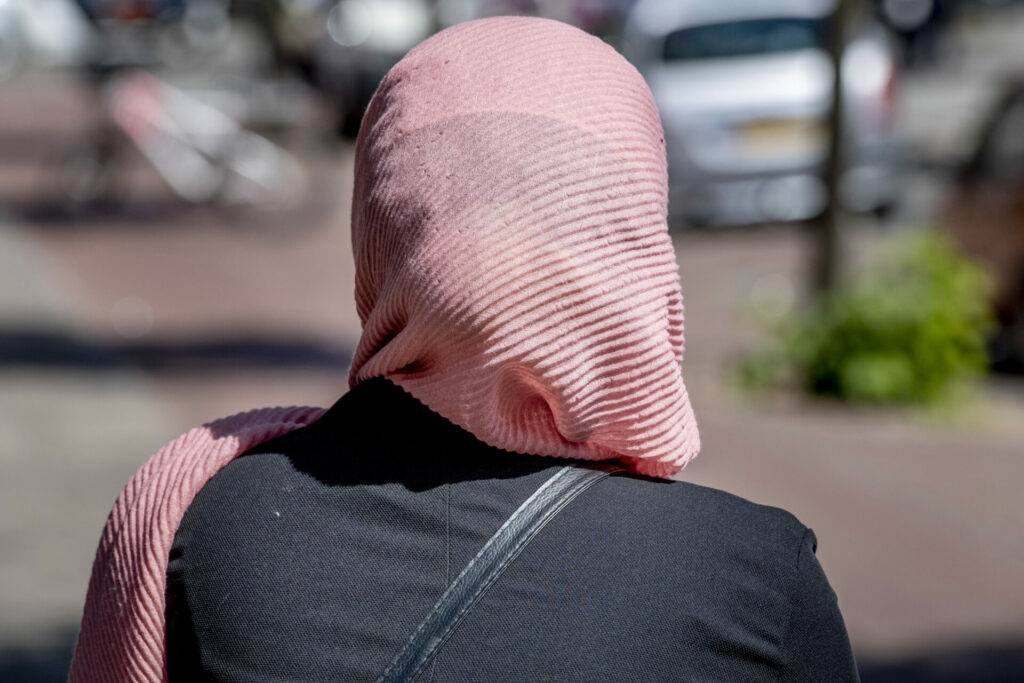The province of East Flanders has introduced a ban on wearing religious and political symbols in provincial education, aimed at ensuring philosophical neutrality, a decision approved by the provincial council on Wednesday amid some controversy.
Coalition partner Vooruit voted against the measure, so the support of the opposition Vlaams Belang was decisive.
The ban, effective from 1 September 2025, prohibits the wearing of items such as headscarves during educational activities.
Vooruit breaks with coalition partners
The vote put a strain on relations within the provincial administration, leading to strong political friction.
The neutrality rule states that signs, symbols, or clothing that undermine neutrality, could be deemed offensive or express political or religious beliefs are not permitted during any educational activity, both inside and outside the classroom. This aligns with guidelines in the community education system, according to provincial deputies.
In a surprise move, Vooruit opposed the rule, contradicting earlier agreements in the governing accord. The party did not abstain but explicitly voted against, causing an internal split and allowing the proposal to pass with Vlaams Belang’s backing.
“We, as a party, always stand for neutrality,” commented Vooruit provincial councillor Nadia Othman. “A neutral education service, where knowledge transfer and equal opportunities are central. For us, neutrality is about actions, not attire. We advocate for freedom and oppose oppression.”
Vlaams Belang hails a 'victory for neutrality
Veronique Lenvain, Vlaams Belang’s faction leader, hailed the decision as a “victory for neutrality'.” “Education should be free from ideological and religious pressure,"she said, adding: "It’s incomprehensible that parties like Vooruit refuse to defend this.”
Vlaams Belang also proposed an amendment to end the automatic justification of absences for religious holidays not recognised by law, which was approved.
The N-VA expressed anger at what it termed a betrayal.”Vooruit reneges on agreements from the governing accord, signed by Beernaert herself, and the original coalition agreement negotiated by Conner Rousseau,” said legislator Kurt Moens (N-VA). “This is a significant breach of trust.”
The implications of the vote for the future of the East Flanders deputation remain uncertain, as unease is growing within the majority. “If fundamental agreements are already being broken, that does not bode well for the rest of the term,” Moens remarked.

